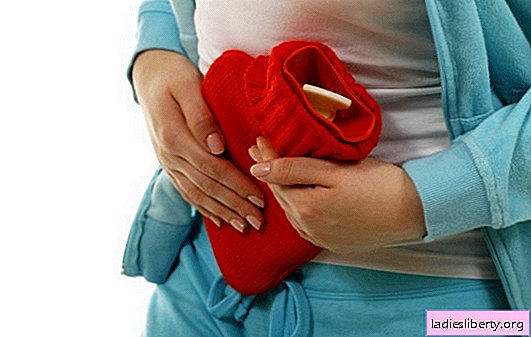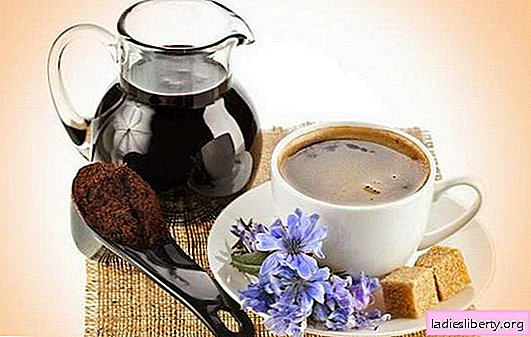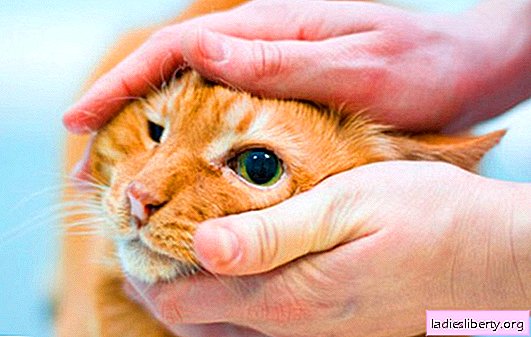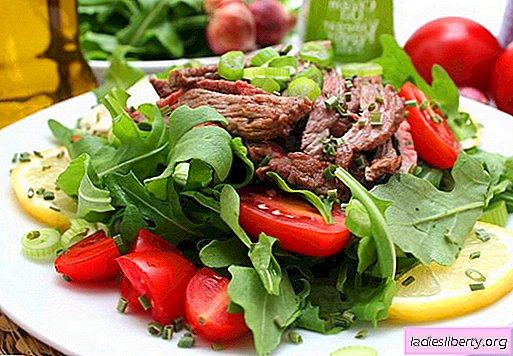
Cystitis is the most common inflammatory disease of the bladder, which often affects sexually active women aged 20 to 50 years. In men, the disease occurs most often after 50 years and is an indication for visiting a doctor, as it can lead to serious complications. In 20-50% of women, cystitis occurred at least once in life.
Causes of Cystitis
The most common cause of cystitis is bacterial invasion. In most cases, pathogens from the intestine penetrate the urethra and "rise" to the bladder (ascending infection). Inflammation can also begin in the kidneys, from where microbes migrate through the ureter to the bladder (a descending infection).
The most common bacterial pathogens are E. coli, which are normally found in the colon. However, if they enter the urinary tract, they can cause inflammation.
If a bladder infection occurs after traveling to tropical countries, this may indicate schistosomiasis. Sometimes cystitis can also occur as a side effect of certain chemotherapeutic drugs. Ionizing radiation in the pelvic area can cause cystitis (radiation cystitis).
Folk remedies for cystitis: diet
1. Limit dairy products.
Doctor's comment:dairy products contain a lot of calcium, protein, vitamins A and D. Many scientists are studying the role of dairy products in the prevention of osteoporosis. Milk or dairy products do not affect the development of cystitis, so the restriction will not bring any benefits or harm. Useless recommendation.
2. Take more foods that are rich in fiber: fruits and vegetables.
Doctor's comment: The physiological effects of dietary fiber can vary widely. Some of the substances assigned to this group do not even have a fibrous structure: pectin, gums and mucilins. Dietary fiber affects the speed at which food passes through the gastrointestinal tract.
Some types of fibers absorb a relatively large amount of water. As a result, the stool volume increases. A large amount of feces stimulates intestinal motility, so the risk of constipation is reduced.
Fiber will help with constipation, but does not affect bacterial, viral, protozoal or fungal infections of the bladder. Advice is useless regarding infections, but useful in preventing constipation.
3. 3 cups of green tea per day.
Doctor's comment: Laboratory studies have shown that epigallocatechin gallate (EGCG), found in green tea, prevents bacterial infections in animals. However, it is not known whether the product has any effect on humans.
Pharmacological and toxicological data also indicate that green tea polyphenols can cause oxidative stress and are toxic to the liver in certain concentrations. Therefore, consumers should carefully select products prepared from a concentrated extract of green tea. The recipe is dangerous in large doses, but safe in small doses.
4. Take 15 g of table salt daily mixed with 200 ml of water and 100 ml of lemon juice.
Doctor's comment: ordinary table salt contains less than 40% sodium by weight. Sodium plays an important role in the human body. In most Western countries, people consume about 10 grams of sodium chloride per day.
Excessive sodium intake increases the risk of developing cardiovascular disease, so healthcare organizations recommend lowering your daily salt intake. High sodium intake is associated with a higher risk of stroke, coronary heart disease, and nephropathy.
Clinical efficacy against bacteria or viruses with oral administration has not been identified. The effect is comparable to placebo. Prolonged use may worsen health.
Folk remedies for cystitis: herbal remedies
1. Cranberry extract or juice should be taken in the morning, afternoon and evening before meals.
Doctor's comment: in cranberries, two groups of ingredients, according to naturopaths, have a prophylactic effect on urinary tract infections: oligomeric proanthocyanidins and saccharides (mannose and fructose).
According to naturopaths, proanthocyanidins prevent bacteria from adhering to the surface of the urinary tract (decreased adhesion). Mannose and fructose reduce the onset of adhesion (adhesion induction) of pathogens to the urethra. In a 2008 Cochrane Collaboration meta-analysis, the prophylactic effect of cranberry juice was disproved.
Cranberries are high in vitamin C, as well as the minerals sodium, phosphorus and potassium. Although vitamin C has been shown to make an important contribution to the prevention of infections in physically active people, in the absence of hypovitaminosis it is useless. And last but not least, cranberries contain valuable flavonoids with antioxidant properties. Cranberry flavonoids can also prevent cell damage by inhibiting the oxidation of "bad" LDL cholesterol. However, they do not affect cystitis. The recommendation does not help to cure cystitis, but helps to fill the daily requirement for minerals and ascorbic acid.
2. Lingonberry.
Doctor's comment: Lingonberries are rich in antioxidants (anthocyanidins, tannins) that protect the body from oxidative stress. Antioxidants can prevent chronic diseases - atherosclerosis, myocardial infarction, skin problems, cancer, memory impairment.
For the prevention and treatment of acute and chronic infections of the bladder, capsules with lingonberries are used. 1 capsule (400 mg) contains approximately 8-9 glasses of juice concentrate. In patients with common urinary tract infections, 2-3 capsules per day are used. The clinical efficacy of lingonberries, like cranberries, has been disproved in French studies. Folk remedies for cystitis with lingonberries will not bring benefits, however, they will help make up for the daily need for vitamin C.
3. The ivy budra.
Doctor's comment: The ivy budra contains flavonoids (coumaroside, hyperoside, isocvarcetini luteolin-7-di-glucoside) and triterpenoids (ursolic acid, β-sitosterol). Leaves also contain lectins that specifically bind N-acetylgalactosamine.
The plant is used against itching and wounds. Efficacy against cystitis has not been identified. Budra has an insignificant bacteriostatic effect, which is not able to reduce the risk of developing infections or cure them. The recipe is useless.
4. Salvia officinalis.
Doctor's comment: Salvia officinalis contains thujone, linalool, 1,8-cineole, tannins and bitter substances. The most common caries, as well as caseic acid. For inflammation of the oral cavity and throat, the extracts are used to rinse. Sage tea can also be used to rinse the mouth or for oral use.
Essential oil contains thujone - a toxic terpene. The use of sage as an herbal tea can lead to life-threatening consequences. Symptoms of poisoning include headaches, cramps, hand tremors, and dizziness. The prescription is potentially dangerous, since high doses can lead to the death of the patient. Folk remedies for cystitis with thujone can be life-threatening.
Folk remedies for cystitis: unsafe methods
1. Put a wet cloth on your stomach, and on it - a heated red brick. Hold for 5-10 minutes and repeat the procedure 5 times a day.
Doctor's comment: Hot stone can cause a thermal burn, which is not only ineffective, but also dangerous. Prolonged warming of the bladder can contribute to the spread of bacterial, viral and fungal infections. In extreme cases, the patient develops sepsis, a systemic infection that often results in death. The recipe is extremely dangerous.
2. Strong warming.
Doctor's comment: acute cystitis is not allowed to be treated with warm compresses, since there is a risk of infection spreading. Prolonged warming can not only increase the risk of sepsis, but also complicate the course of cystitis.
Folk remedies for cystitis are not only useless, but in some cases dangerous to human life. With bacterial cystitis, you must consult a doctor who will prescribe effective antibiotics. Fungal disease is treated with antimycotic agents. Viral inflammation of the bladder passes in most cases without treatment in 4-7 days.











